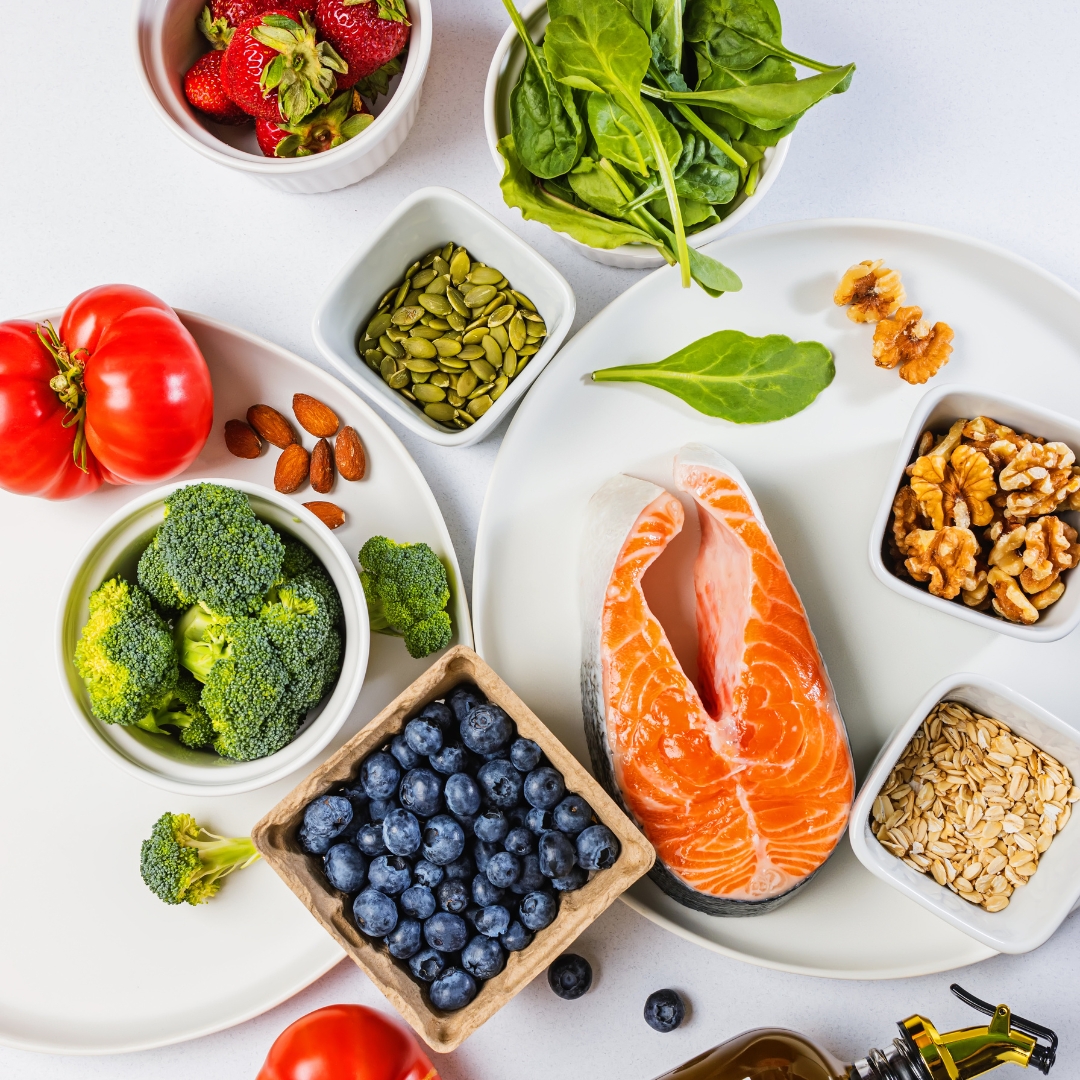We’ve all heard the saying, “You are what you eat.” It may sound cliché, but it’s true. Food is more than just fuel—it’s information. Every bite you take tells your body how to function, from your energy levels to your mood, from your immune system to your long-term health.
Yet, in today’s world, nutrition is often misunderstood. We’re bombarded with fad diets, miracle weight-loss products, and conflicting advice. Some say carbs are the enemy, others warn against fats, and somewhere in between, we forget the basics of eating well.
This blog isn’t about strict diets or guilt—it’s about understanding the foundation of nutrition, debunking myths, and learning simple, practical steps you can take toward a healthier, more balanced life.
What is Nutrition?
Nutrition is the science of how food affects the body. It’s about more than just calories—it’s about the quality of nutrients that support growth, repair, and energy.
Broadly, nutrition consists of:
-
Macronutrients: Carbohydrates, proteins, and fats that provide energy and structure.
-
Micronutrients: Vitamins and minerals needed in small amounts but vital for survival.
-
Water: The most overlooked nutrient, essential for nearly every bodily process.
Good nutrition means finding the right balance between these elements.
Why Good Nutrition Matters
The food choices you make daily add up, shaping your health over months and years. A balanced diet can:
-
Boost energy: Proper nutrition keeps blood sugar steady, avoiding fatigue and crashes.
-
Strengthen immunity: Nutrient-rich foods help the body fight infections.
-
Support mental health: Diet influences mood, focus, and even risk of depression.
-
Promote longevity: Good nutrition reduces the risk of chronic diseases like heart disease, diabetes, and obesity.
-
Improve quality of life: Healthy eating enhances sleep, skin, and overall vitality.
In short, food is one of the most powerful tools for both prevention and healing.
Common Myths About Nutrition
Let’s clear up some widespread misconceptions:
-
“Carbs are bad.”
Your body needs carbohydrates for energy. Whole grains, fruits, and vegetables are healthy carbs—it’s refined sugars and white bread that cause harm. -
“Fats should be avoided.”
Not all fats are equal. Healthy fats like avocados, nuts, and olive oil are crucial for brain health and hormone balance. -
“High-protein diets are always better.”
Protein is important, but excess protein without balance can stress the kidneys and reduce intake of other vital nutrients. -
“Supplements can replace real food.”
While supplements can fill gaps, they can’t provide the variety of benefits that whole foods offer. -
“Healthy eating is too expensive.”
Local, seasonal produce, grains, and legumes are affordable and nutrient-rich. It’s all about smart planning.
The Essential Building Blocks of Nutrition
1. Carbohydrates
The body’s primary fuel source.
-
Choose: oats, brown rice, quinoa, whole-grain bread, fruits, and vegetables.
-
Avoid: refined sugar, pastries, white bread, and sodas.
2. Proteins
The building blocks of muscles, tissues, and enzymes.
-
Sources: lean meats, fish, eggs, beans, lentils, tofu, nuts, and dairy.
3. Fats
Essential for brain health, energy storage, and absorbing vitamins.
-
Healthy fats: olive oil, avocados, walnuts, flaxseeds, fatty fish.
-
Limit: trans fats, processed fried foods, and hydrogenated oils.
4. Vitamins and Minerals
Support immune function, bone strength, and countless cellular processes.
-
Vitamin C (fruits, bell peppers) boosts immunity.
-
Vitamin D (sunlight, fortified milk) supports bone health.
-
Iron (spinach, legumes, red meat) carries oxygen in blood.
-
Calcium (dairy, leafy greens) strengthens bones.
5. Fiber
Keeps digestion smooth, reduces cholesterol, and helps with satiety.
-
Sources: vegetables, fruits, legumes, whole grains.
6. Water
Hydration is crucial for circulation, temperature regulation, and nutrient transport. Aim for 2–3 liters daily, depending on activity.
How to Build a Balanced Plate
A simple way to approach meals is the plate method:
-
Half the plate: vegetables and fruits.
-
One-quarter: lean proteins.
-
One-quarter: whole grains or starchy vegetables.
-
Add a small portion of healthy fats.
This approach naturally balances nutrients without overcomplicating things.
Practical Tips for Healthy Eating
-
Plan meals ahead: Prevents last-minute unhealthy choices.
-
Cook at home: You control the ingredients and portions.
-
Practice portion control: Even healthy foods can lead to weight gain if overconsumed.
-
Snack smart: Choose fruits, nuts, or yogurt over chips and cookies.
-
Read labels: Avoid hidden sugars and excess sodium in packaged foods.
-
Eat mindfully: Slow down and pay attention to hunger cues.
Nutrition and Mental Health
Nutrition doesn’t just affect your body—it influences your mind.
-
Diets high in processed foods are linked with anxiety and depression.
-
Omega-3 fatty acids (fish, flaxseeds) support brain health.
-
Probiotics (yogurt, fermented foods) promote gut health, which impacts mood.
-
Stable blood sugar from balanced meals prevents irritability and fatigue.
Your gut and brain are connected—the healthier your diet, the healthier your mind.
Nutrition Through Life Stages
-
Children: Need nutrient-rich foods for growth and development.
-
Teenagers: Require more protein, iron, and calcium.
-
Adults: Should focus on balanced eating to sustain energy and prevent disease.
-
Pregnant women: Need extra folate, iron, and calcium for mother and child.
-
Elderly: Benefit from easy-to-digest foods rich in calcium, vitamin D, and fiber.
Moderation, Not Restriction
Healthy eating doesn’t mean giving up everything you love. The key is moderation. Enjoy treats occasionally, but keep your daily diet focused on whole, nourishing foods. A slice of cake or pizza once in a while won’t harm you—consistency is what matters.
Final Thoughts
Nutrition isn’t about following strict diets or chasing quick fixes. It’s about building a sustainable, balanced way of eating that supports your health today and in the future.
Start small: add an extra serving of vegetables, drink more water, swap refined grains for whole ones. Over time, these little changes transform into habits—and those habits shape your health.
Good nutrition is self-care in its simplest form. When you nourish your body well, you’re not just eating—you’re thriving.

